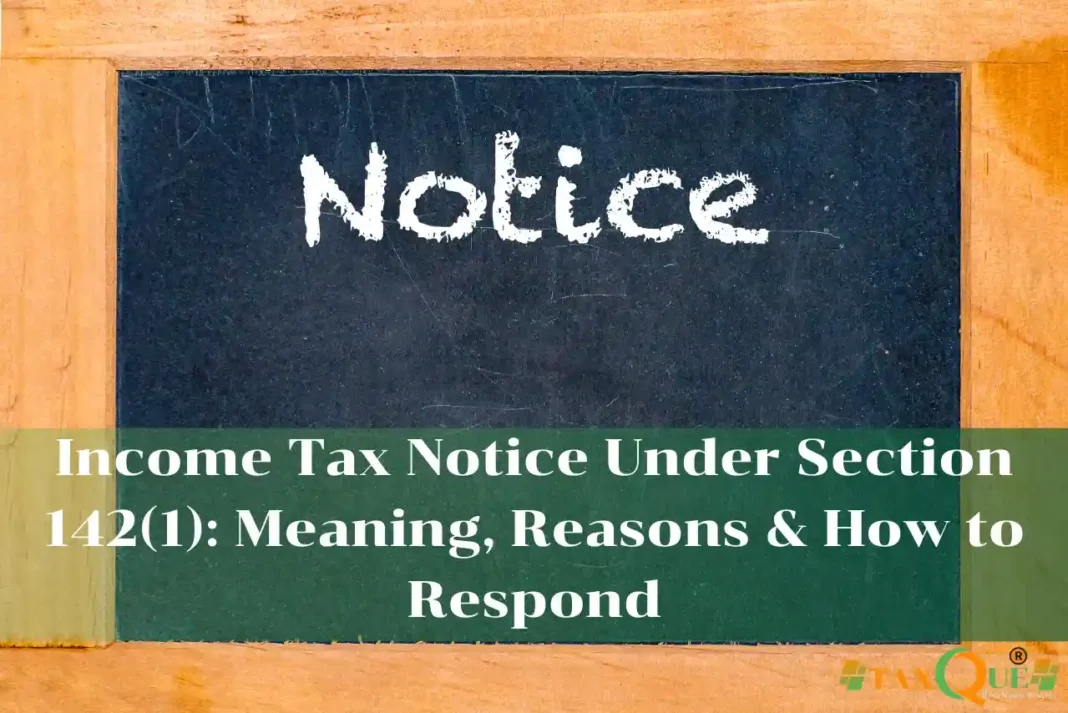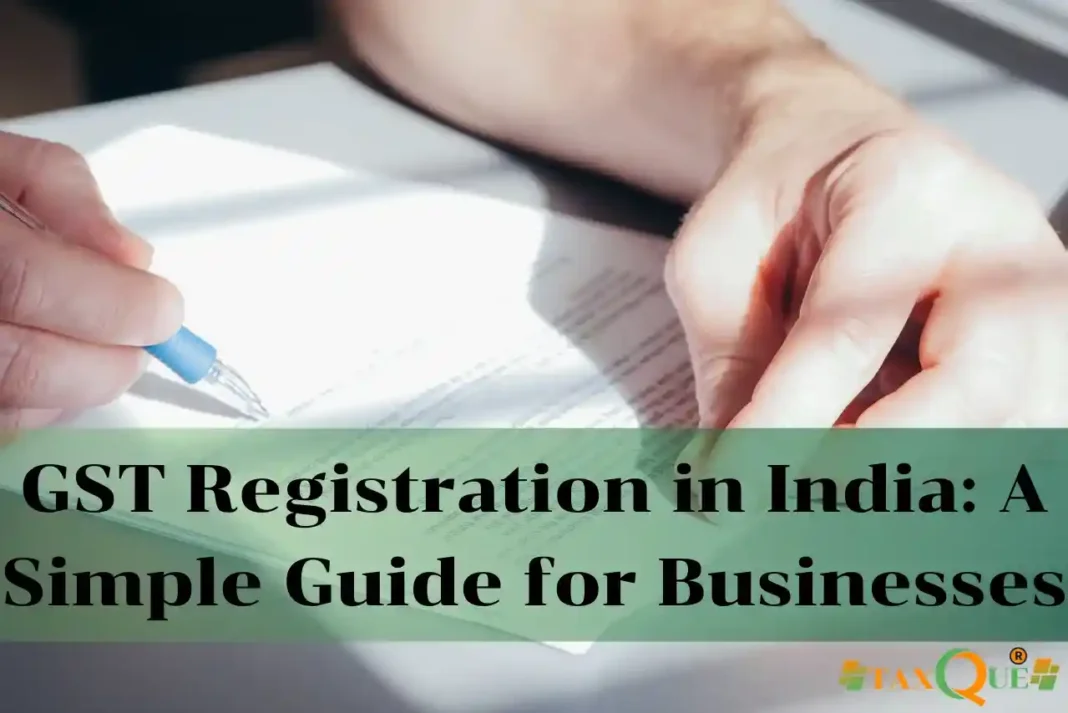Introduction
Starting a small business in India is an exciting journey, bhai! Whether you’re dreaming of opening a chai stall, a boutique, or a tech startup, the opportunities in India are endless. With the right plan and resources, you can turn your passion into a successful venture. In this guide, we’ll walk you through how to start a small business in India, covering everything from planning to legal requirements. Let’s dive into the steps to make your business dream a reality in 2025!
Why Start a Small Business in India?
India’s economy is growing at a rapid pace, making it a great time to start a small business in India. The government’s initiatives like Startup India and Make in India are supporting entrepreneurs like never before. Here’s why you should take the leap:
- Growing Market: India has a massive consumer base, with over 1.4 billion people.
- Digital Boom: With affordable internet and smartphones, reaching customers online is easier than ever.
- Government Support: Schemes like Mudra Yojana and MSME loans make funding accessible.
Step-by-Step Guide to Start a Small Business in India
1. Find Your Business Idea
The first step to start a small business in India is to identify a unique idea that solves a problem or meets a demand. Research your market to understand what customers need. Here are some tips:
- Look for gaps in your local market (e.g., organic food stores, eco-friendly products).
- Analyze competitors to see what’s working and what’s not.
- Use tools like Google Trends (trends.google.com) to find trending business ideas.
2. Create a Solid Business Plan
A business plan is like a roadmap for your venture. It helps you stay focused and attract investors. Your plan should include:
- Business Goals: Short-term and long-term objectives.
- Target Audience: Who are your customers?
- Budget: Estimate your startup costs and revenue projections.
- Marketing Strategy: How will you promote your business?
Pro Tip: Use tools like TaxQue (taxque.in) to manage your business finances, GST registration, and tax compliance easily.
3. Legal Requirements and Registrations
To start a small business in India, you need to follow legal steps to stay compliant. Here’s a quick table summarizing key registrations:
| Requirement | Description | Where to Apply |
|---|---|---|
| Business Registration | Register as Sole Proprietorship, Partnership, or Pvt. Ltd. Company | MCA Portal (mca.gov.in) |
| GST Registration | Mandatory for businesses with turnover > ₹20 lakh (₹10 lakh for some states) | GST Portal (gst.gov.in) |
| MSME Registration | Optional but offers benefits like loans and subsidies | Udyam Portal (udyam.gov.in) |
| Shop & Establishment Act | Required for shops, restaurants, or small offices | State-specific labor department |
Suggested Tool: Use TaxQue for hassle-free GST and tax filings to keep your business compliant.
4. Secure Funding for Your Business
Funding is a crucial part of starting a small business. Here are some options:
- Personal Savings: Use your own funds to avoid debt.
- Bank Loans: Apply for Mudra Loans or MSME loans for low-interest funding.
- Investors: Pitch your idea to angel investors or venture capitalists.
- Crowdfunding: Platforms like Ketto can help you raise funds online.
5. Market Your Business
To start a small business in India and make it successful, you need a strong marketing strategy. Here’s how:
- Social Media: Use Instagram, WhatsApp, and LinkedIn to reach customers.
- Local Advertising: Distribute flyers or run ads in local newspapers.
- SEO: Optimize your website for search engines using tools like Rank Math to rank higher on Google.
Challenges of Starting a Small Business in India
Every business faces challenges, aur yeh toh banta hai! Some common hurdles include:
- Competition: Standing out in a crowded market requires creativity.
- Cash Flow: Managing expenses and revenue can be tricky in the early days.
- Regulations: Keeping up with legal compliances can be overwhelming.
Conclusion
Starting a small business in India is a rewarding but challenging journey. By following the steps above—finding a great idea, creating a business plan, handling legal requirements, securing funding, and marketing effectively—you can build a successful venture. The key is to stay organized and use tools like TaxQue to manage finances and compliance. So, kya soch rahe ho? Take the first step today and turn your business dream into reality!
Ready to start a small business in India? Visit taxque.com for easy GST registration and tax solutions. Share your business ideas in the comments below, and let’s start this entrepreneurial journey together!





